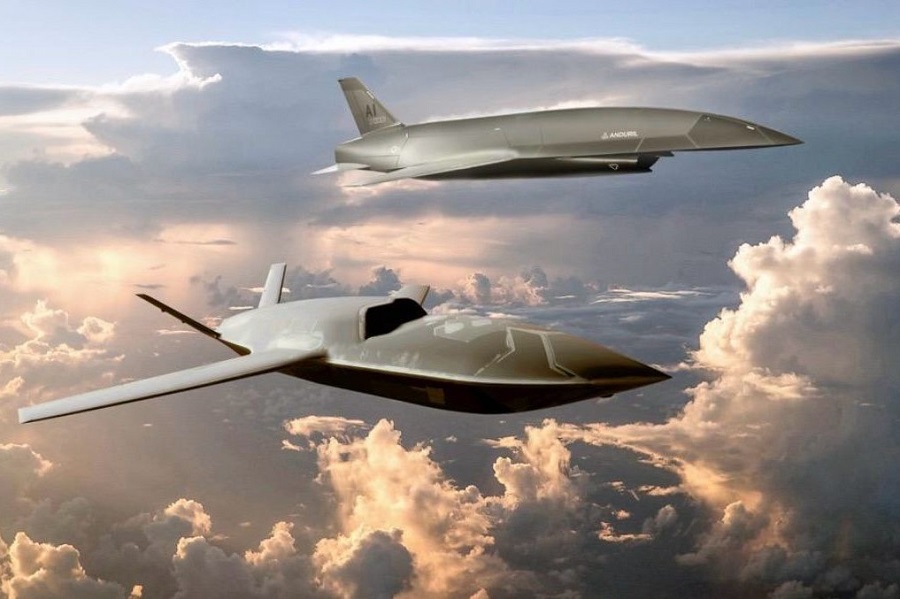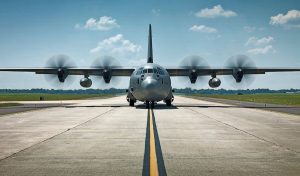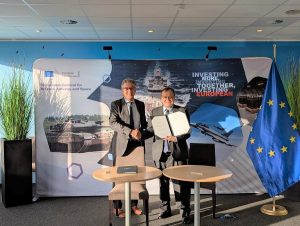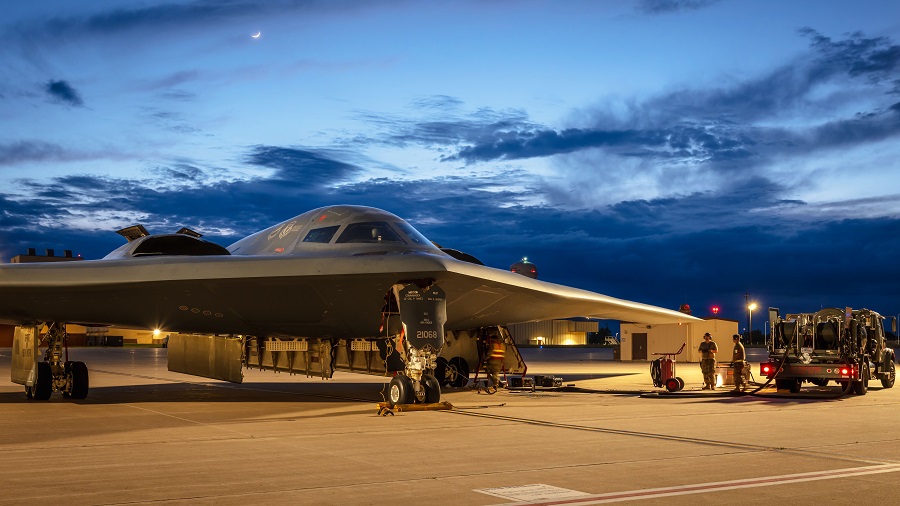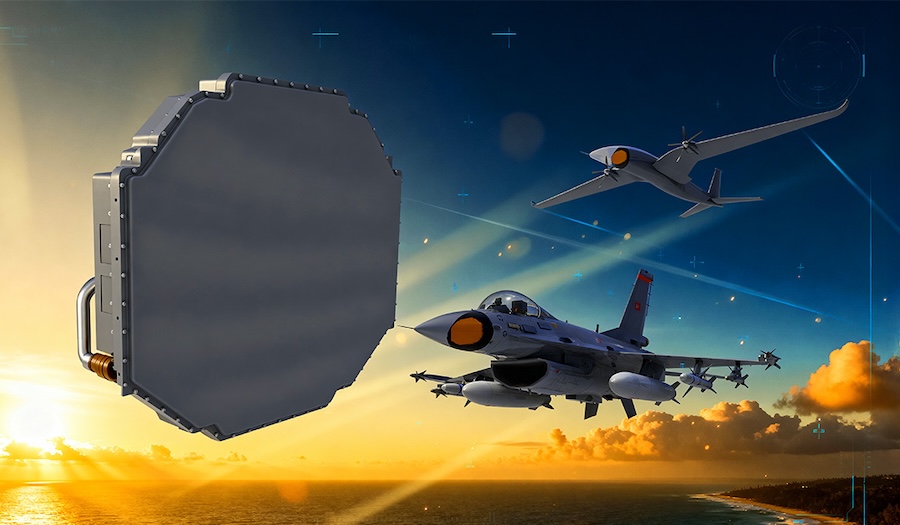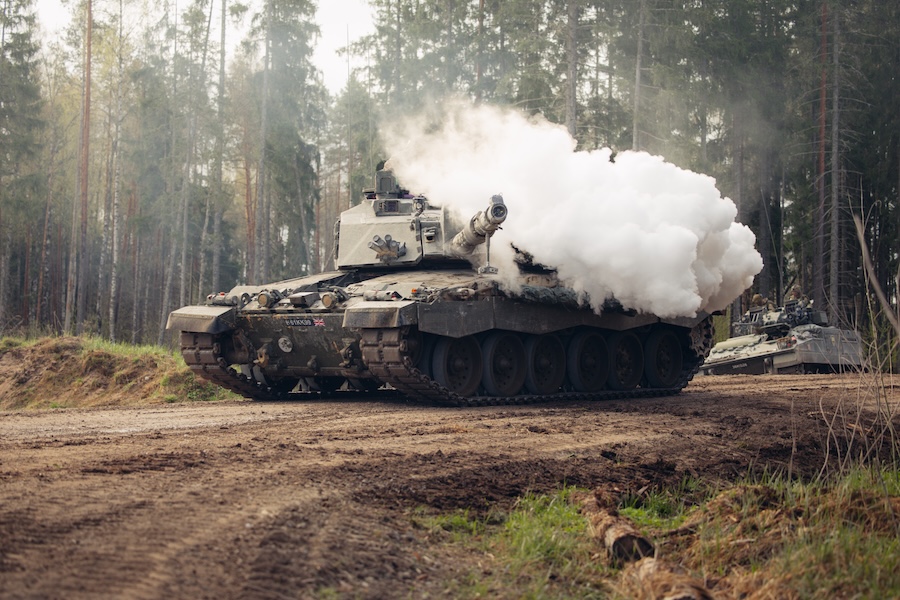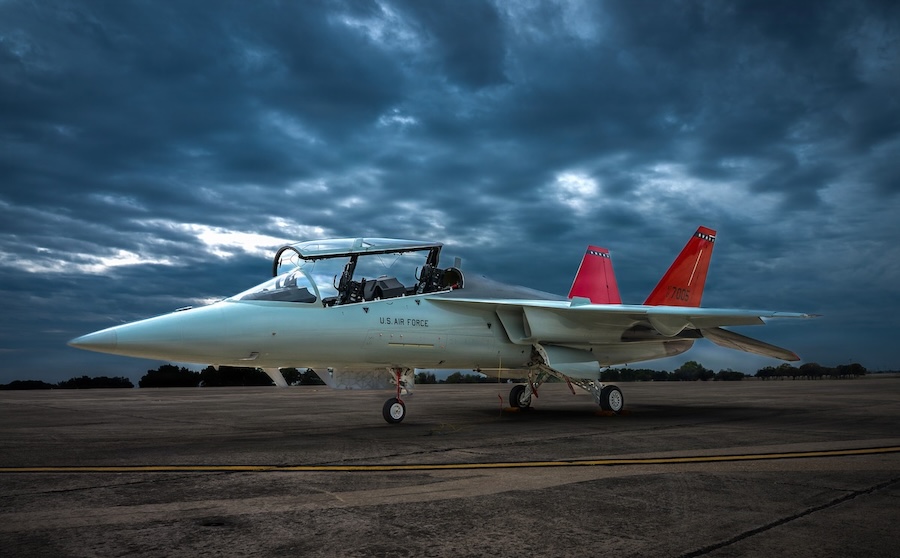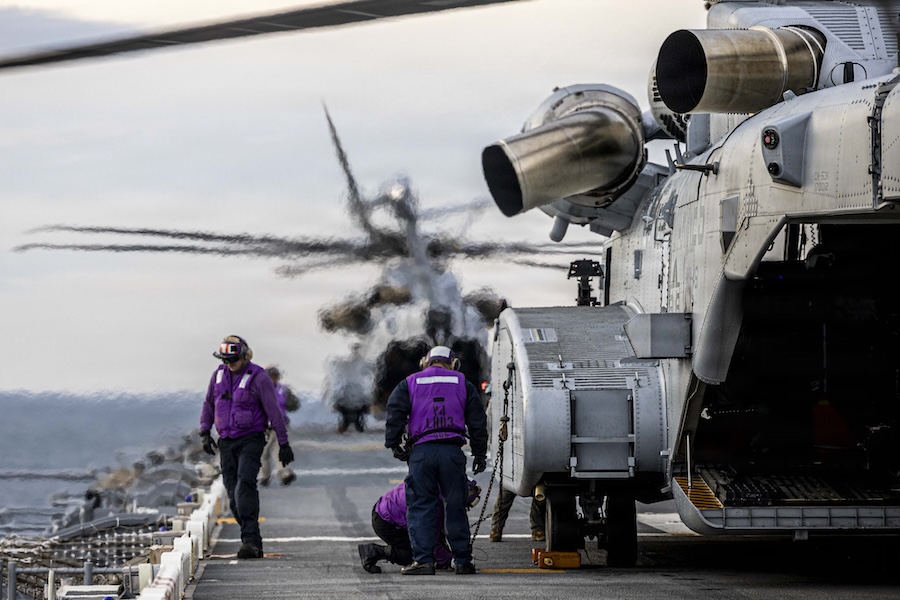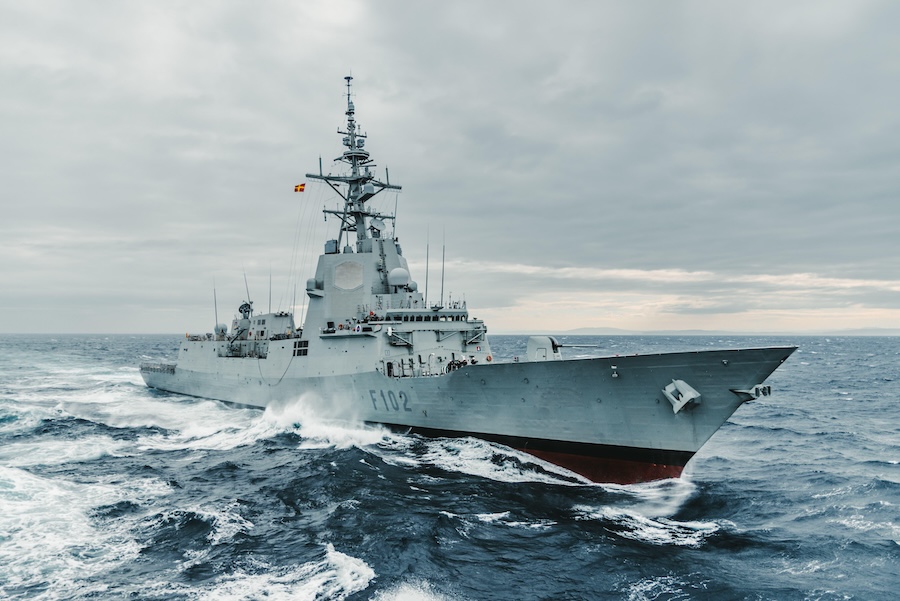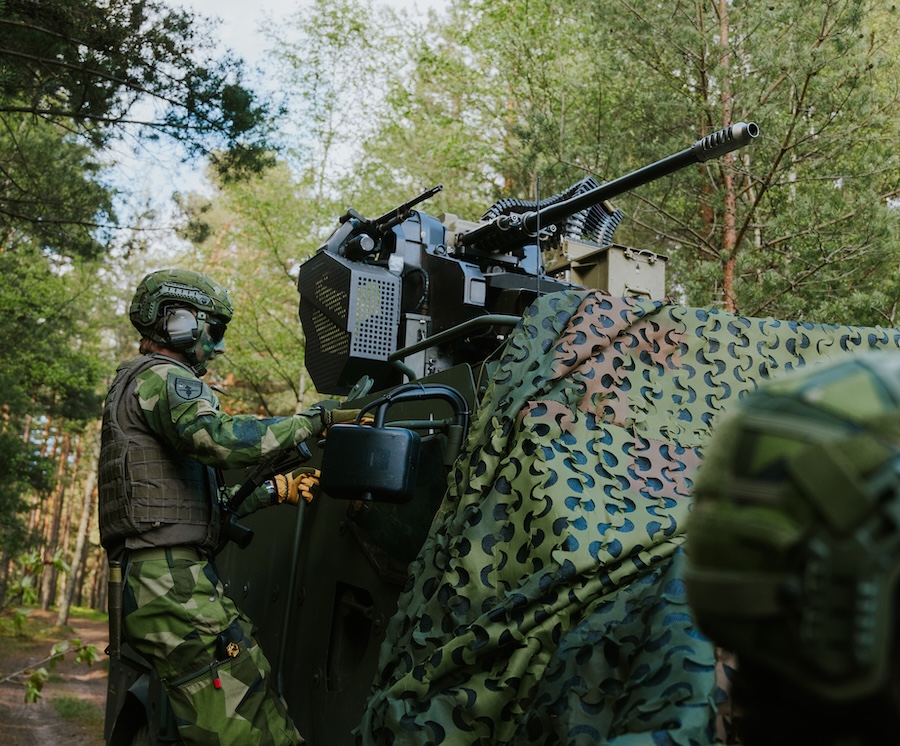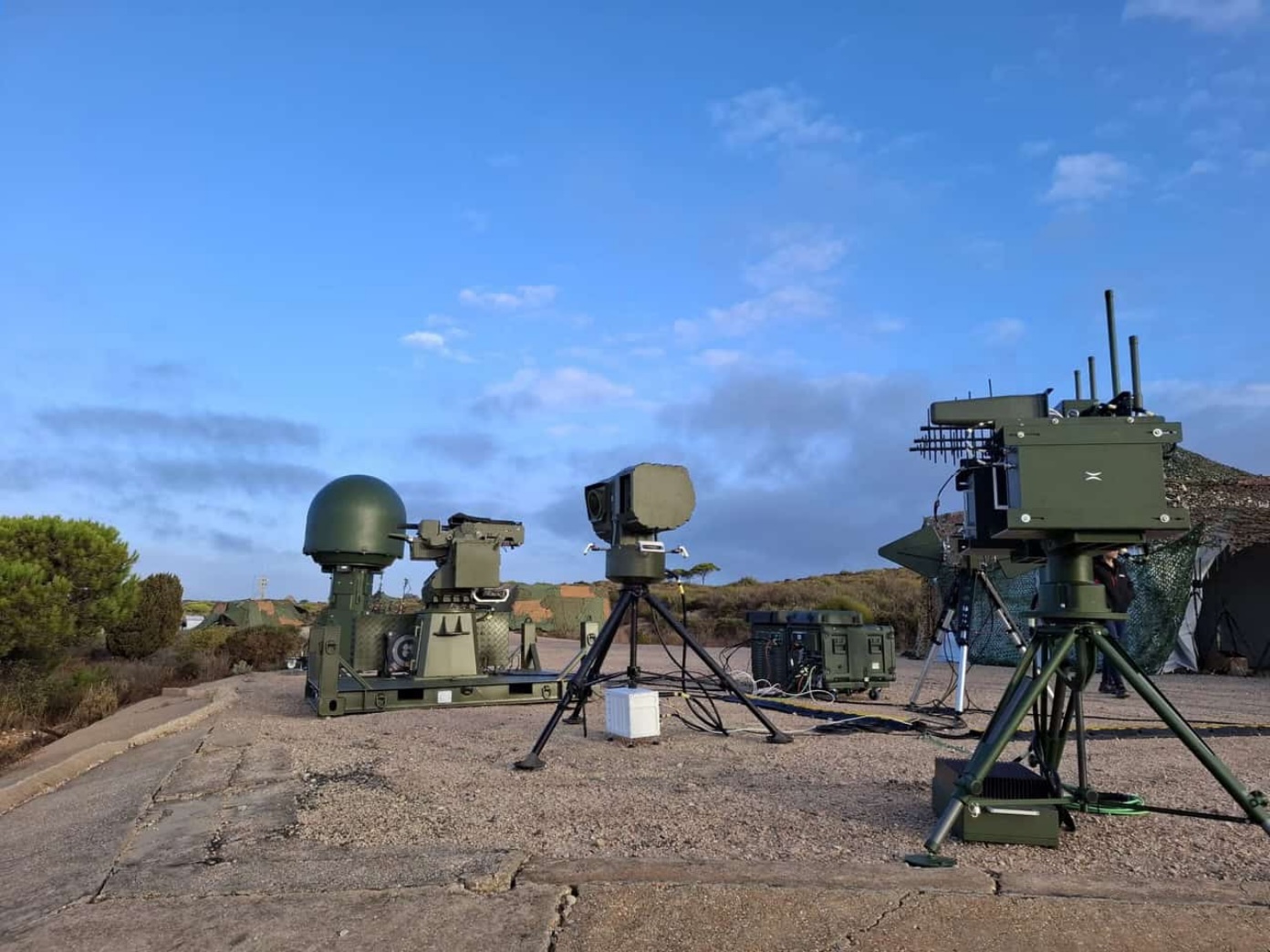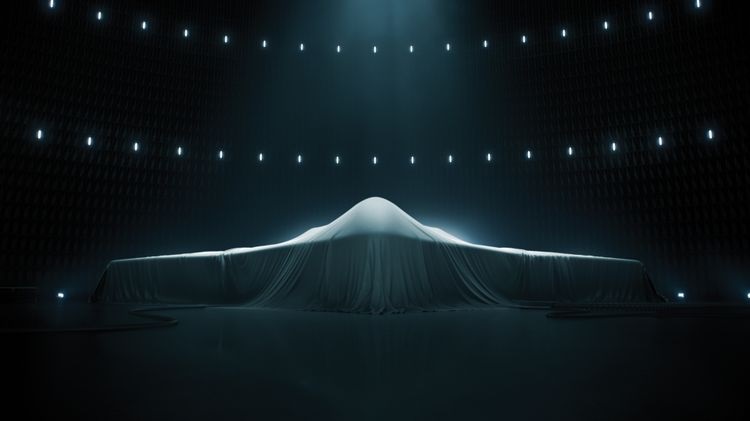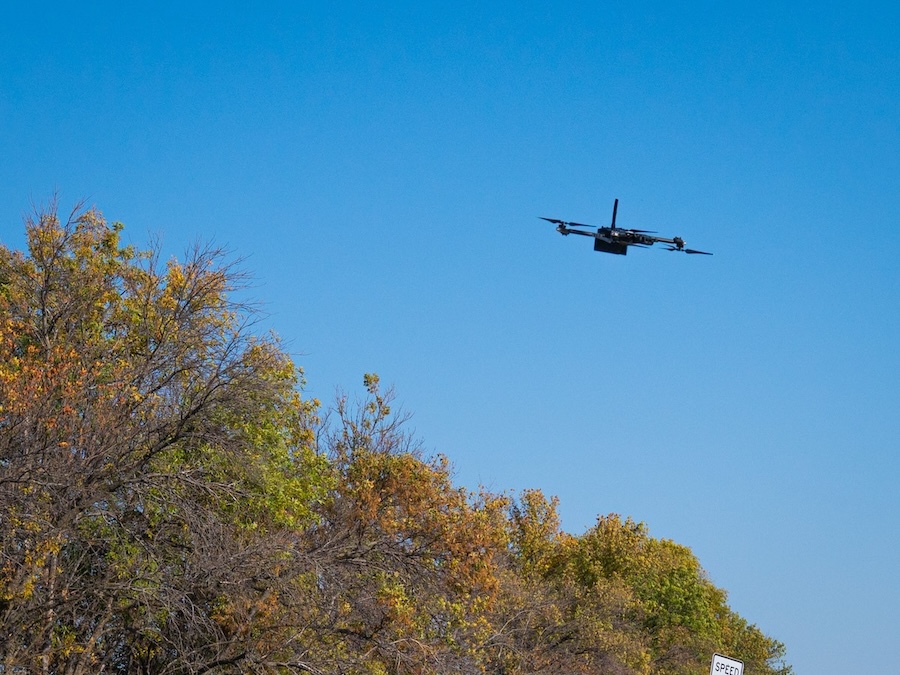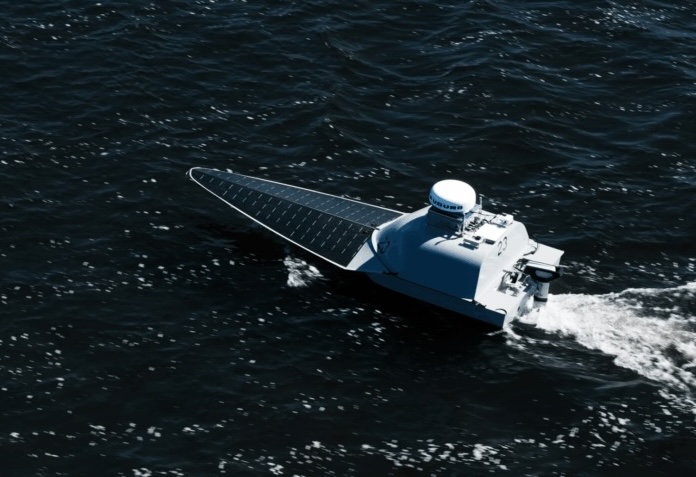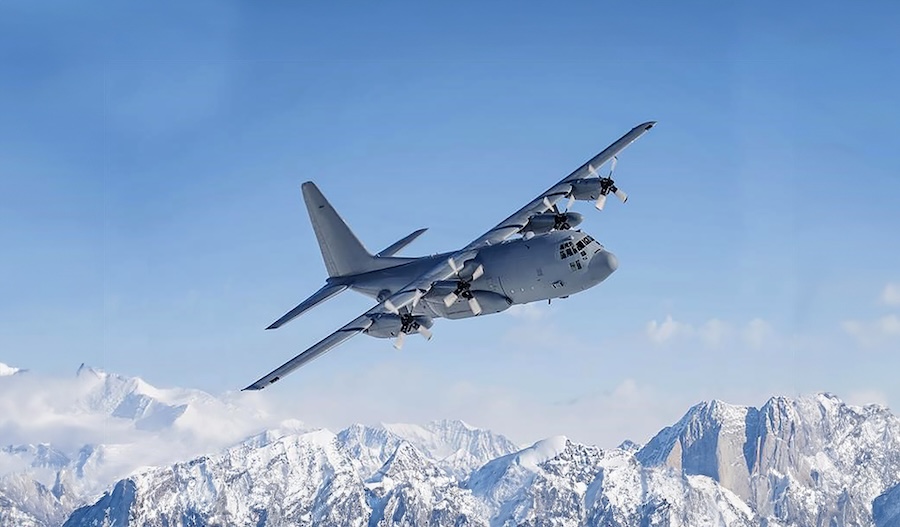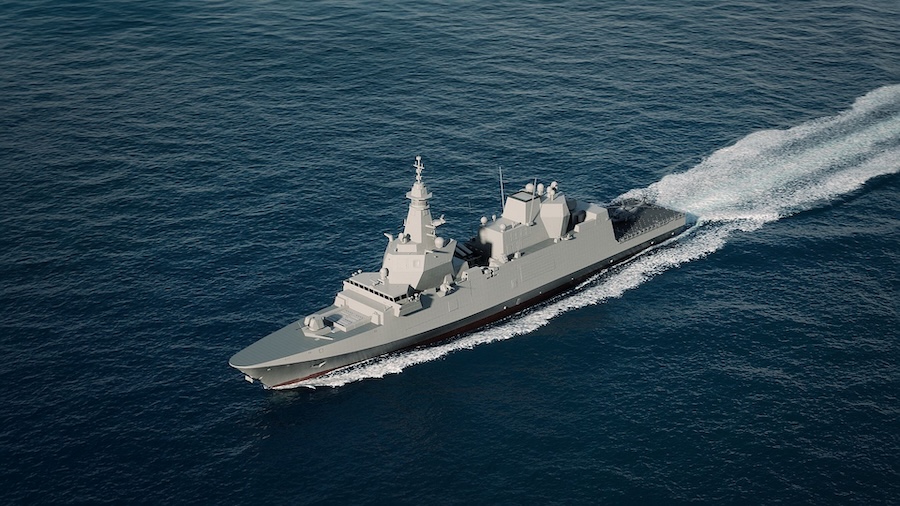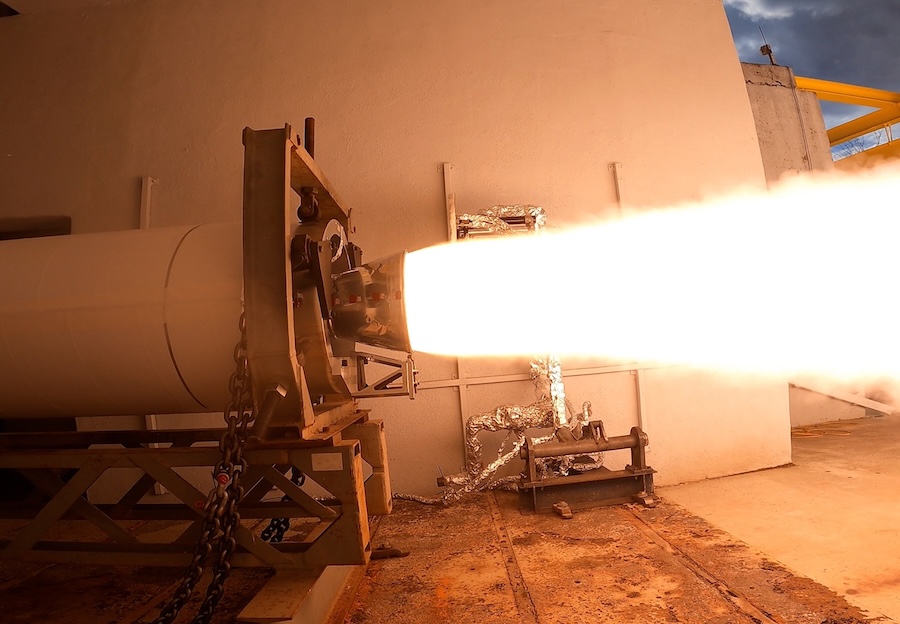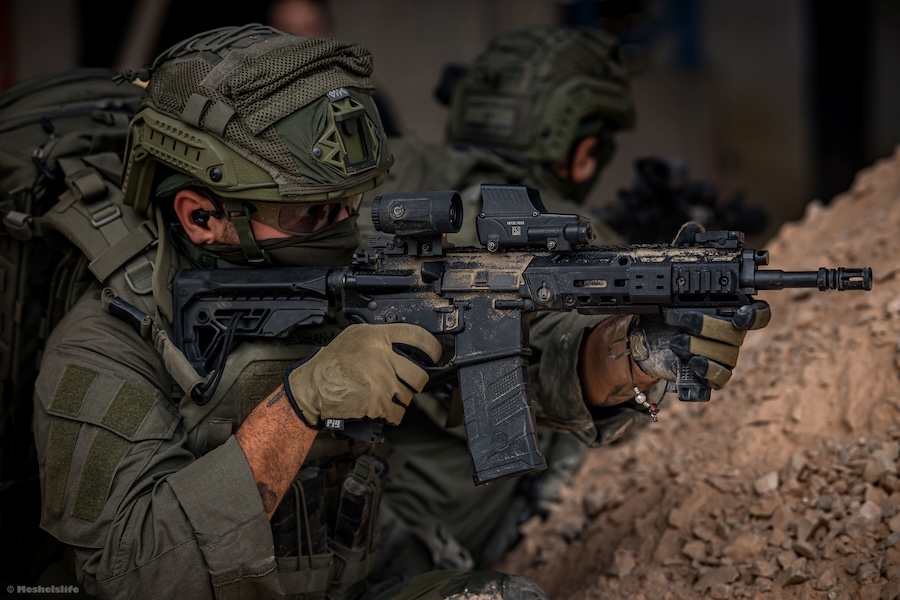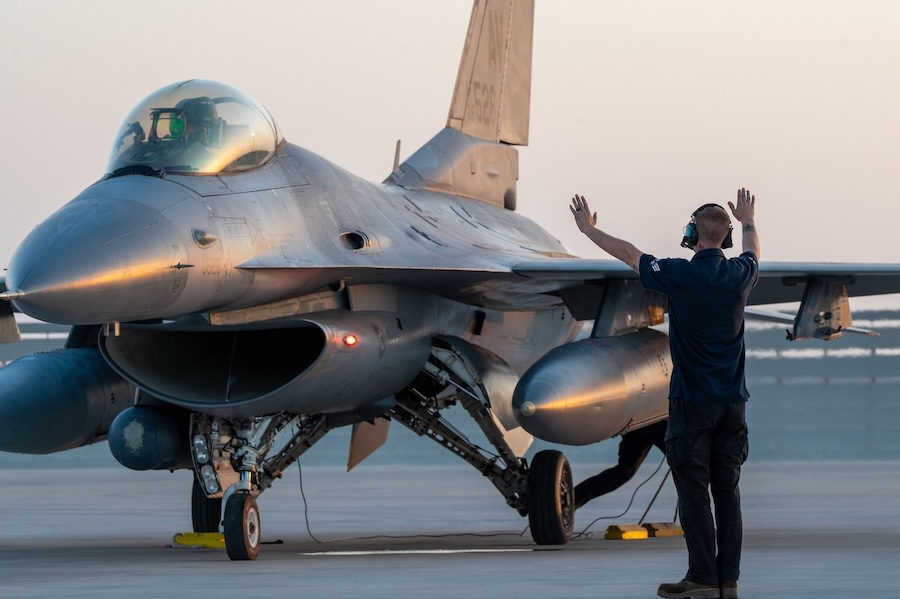These unmanned aircraft—often referred to as “loyal wingmen”—will be controlled from the cockpit of a fighter jet, extending the operational reach and survivability of manned platforms. Their primary roles will include enhancing sensor range, carrying additional weapons, and executing high-risk missions over contested or hostile airspace.
By participating in the CCA programme, the Netherlands is aiming to boost its own air combat capabilities and support NATO defence priorities. “Together with GA we will be increasing innovative SUAS capabilities and advancing technical knowhow in the Netherlands,” said Tuinman. “This project is an example of strategic trans-Atlantic collaboration that supports our defense and technological base as we contribute to the defense of Ukraine and NATO by creating a versatile European defense system and working with a strong U.S. partner.”
The decision aligns with one of the five focus areas in the Dutch Defence Strategy for Industry and Innovation, launched in April, which prioritises cutting-edge aerospace cooperation. The initiative also offers the Netherlands a path to increase the size and capability of its air force more quickly and affordably, as unmanned aircraft can be produced faster and at lower cost than traditional fighter jets.
Currently, two platforms are in contention under the CCA programme: General Atomics’ YFQ-42A and Anduril’s YFQ-44A Fury, both of which are already in prototype phase and scheduled for flight testing. The U.S. is expected to select one for production during fiscal year 2026.
The agreement signed by the Netherlands marks only the beginning of its involvement in the programme. Future plans include participation from Dutch research institutions and defence industry firms, opening the door to expanded technology sharing and a strengthened domestic defence industrial base.
The move follows the Dutch Ministry of Defence’s recent agreement with U.S. defence company General Atomics Aeronautical Systems to co-develop a smaller unmanned aircraft system (SUAS) for intelligence, surveillance, and reconnaissance (ISR) operations. Dutch company VDL Defentec will manufacture the system, with the first units expected to enter service next year.
At the opening of the Defence Industry Days, Tuinman highlighted the importance of deepening transatlantic cooperation, noting the Netherlands’ goal to remain actively engaged in developing the most advanced aerospace technologies. He reiterated that participation in the CCA programme reflects the country’s strategic ambition to contribute meaningfully to international security through innovation and partnership.
Source: Dutch Ministry of Defence.


